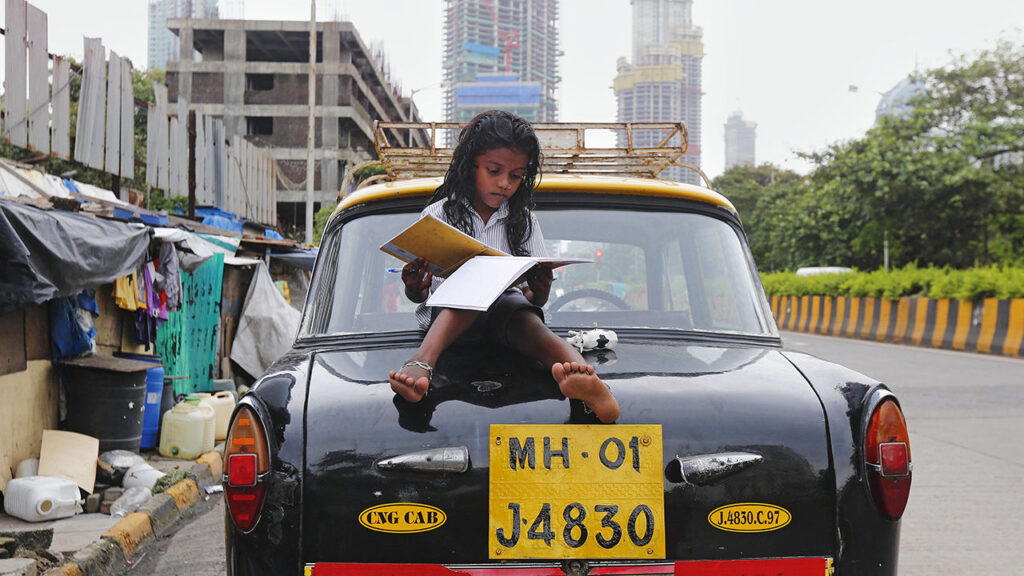In recent years, the developing world has experienced a resurgence in economic planning, a trend that has been fueled by the rise of protectionism in the West. Countries that were once hesitant to embrace industrial policy and ambitious economic goals are now embracing them with a new sense of confidence and determination. India is one such country that has set its sights on achieving high-income status by 2047 through a focus on manufacturing. Indonesia has a similar goal, aiming to reach high-income status by 2050 with a focus on green commodities. Vietnam, on the other hand, has set a target of achieving annual GDP growth of 7% until 2030, while South Africa aims to more than double its income per person by the same time.
This newfound enthusiasm for economic planning is likely to drive economic growth in these countries and accelerate their development. By setting ambitious goals and implementing targeted policies, these countries are positioning themselves for success in the global economy. The emphasis on manufacturing in India, for example, is expected to create new opportunities for job creation and economic diversification. Similarly, Indonesia’s focus on green commodities is likely to drive innovation in sustainable industries and position the country as a leader in environmental stewardship. Vietnam’s commitment to high GDP growth rates will create a stable and prosperous economy, while South Africa’s efforts to increase income per person will improve the standard of living for its citizens.
Despite the challenges that lie ahead, these countries are making significant progress towards their economic goals. India’s government, for example, has already implemented a number of initiatives to support the growth of the manufacturing sector, including tax incentives and regulatory reforms. Indonesia has also taken steps to promote the development of green industries, such as renewable energy and sustainable agriculture. Vietnam’s government has implemented a number of economic reforms to improve the business environment and attract foreign investment, while South Africa has prioritized infrastructure development and job creation as key drivers of economic growth.
As these countries continue to pursue their economic goals, it is clear that economic planning is playing a central role in their development strategies. By setting clear targets and implementing targeted policies, they are laying the foundation for sustainable and inclusive growth. The commitment to economic planning is a sign of the changing times in the developing world, where countries are no longer content to rely on market forces alone to drive their economies. Instead, they are taking control of their economic destinies and charting a course towards a more prosperous future.
In conclusion, the resurgence of economic planning in the developing world is a positive development that is likely to drive economic growth and development in the years to come. By setting ambitious goals and implementing targeted policies, countries like India, Indonesia, Vietnam, and South Africa are positioning themselves for success in the global economy. As they continue to implement their economic plans, it is clear that economies everywhere are on the cusp of a new era of accelerated growth and prosperity.



